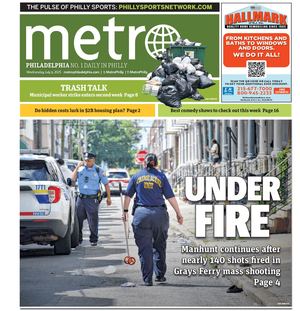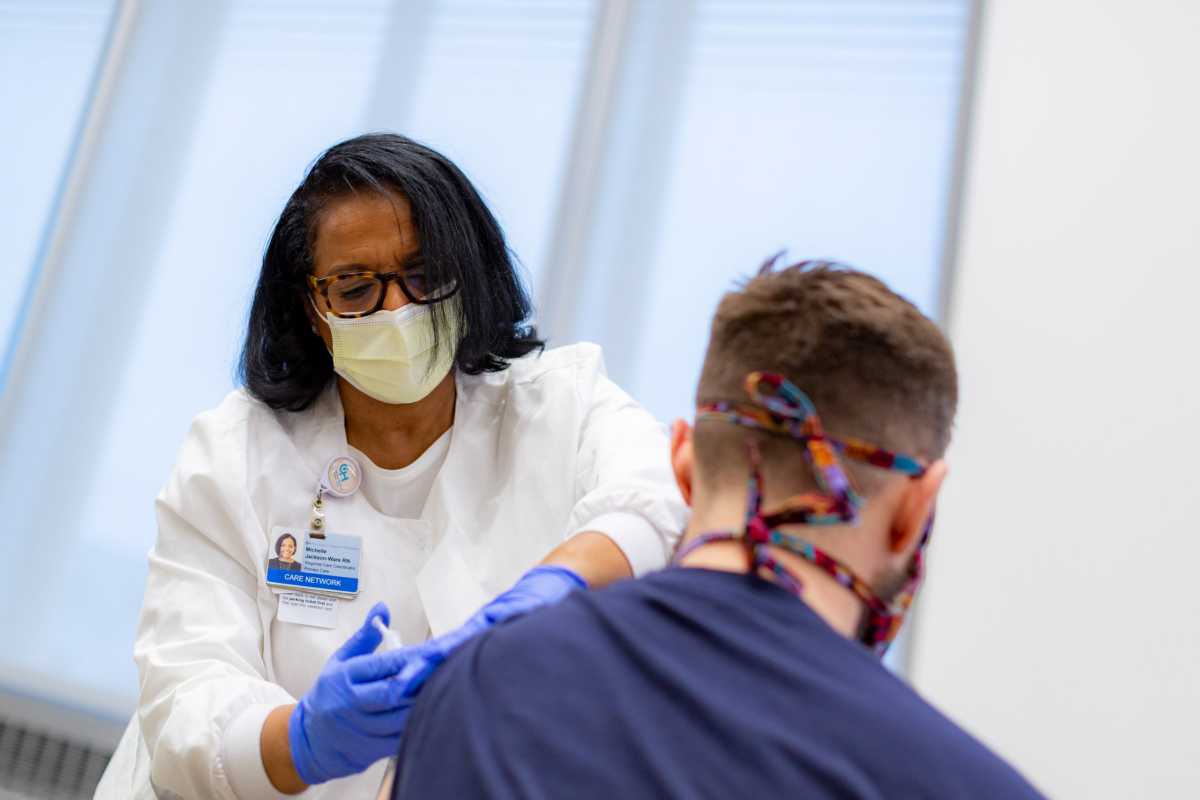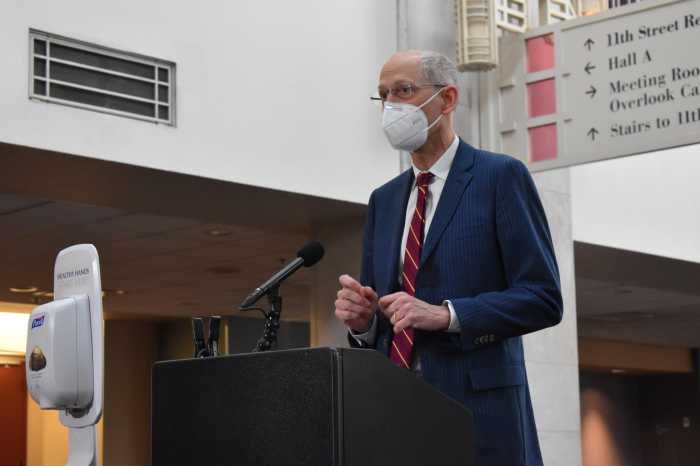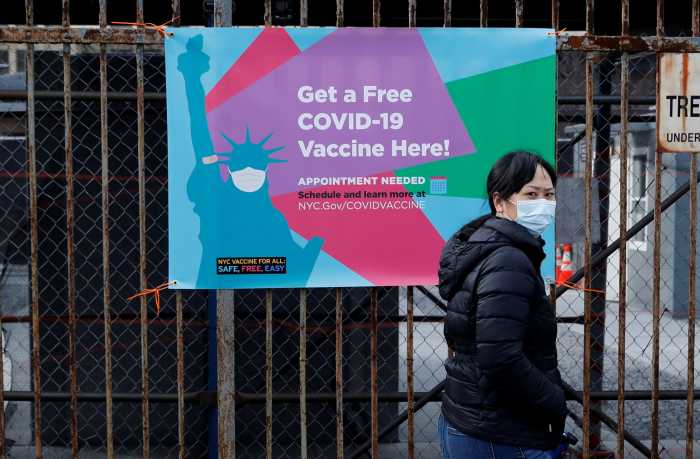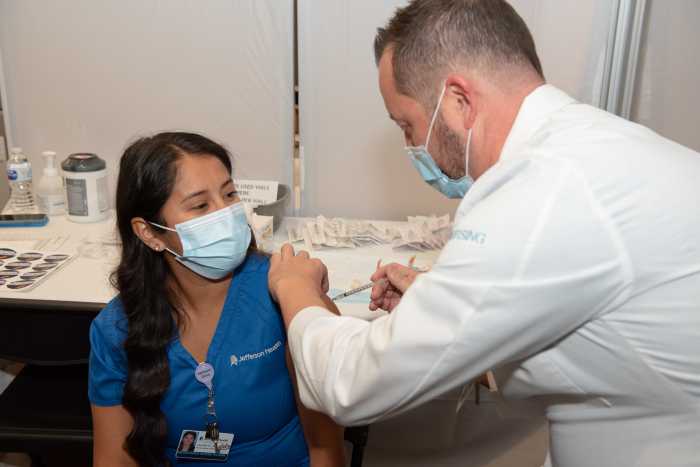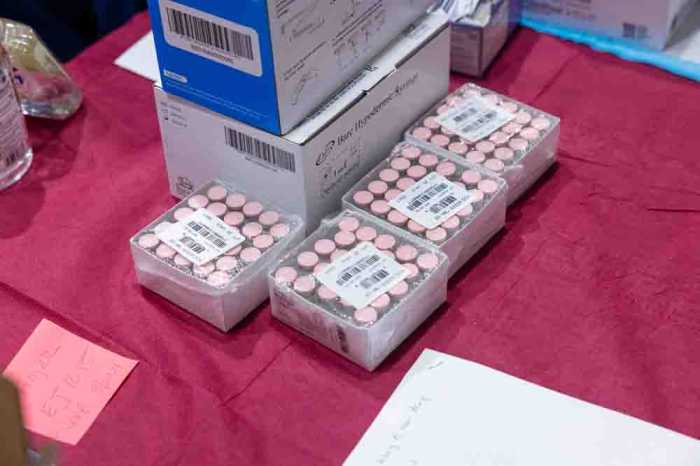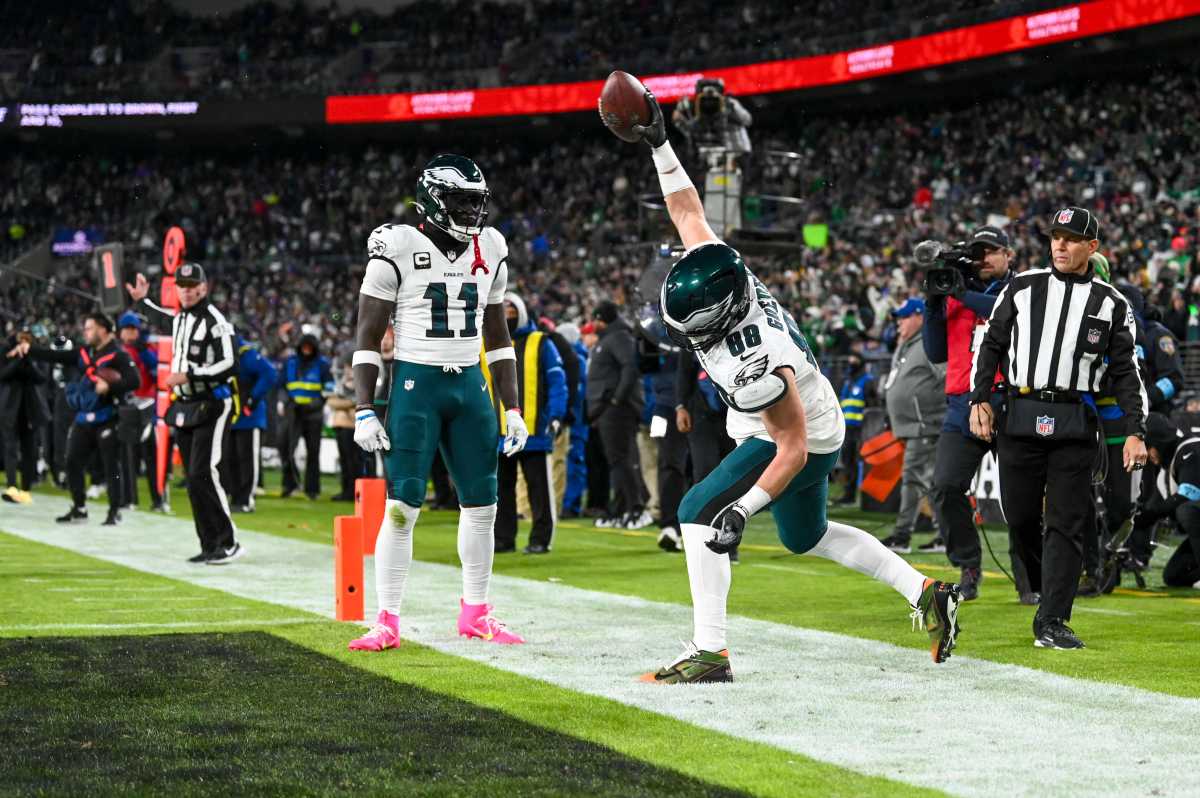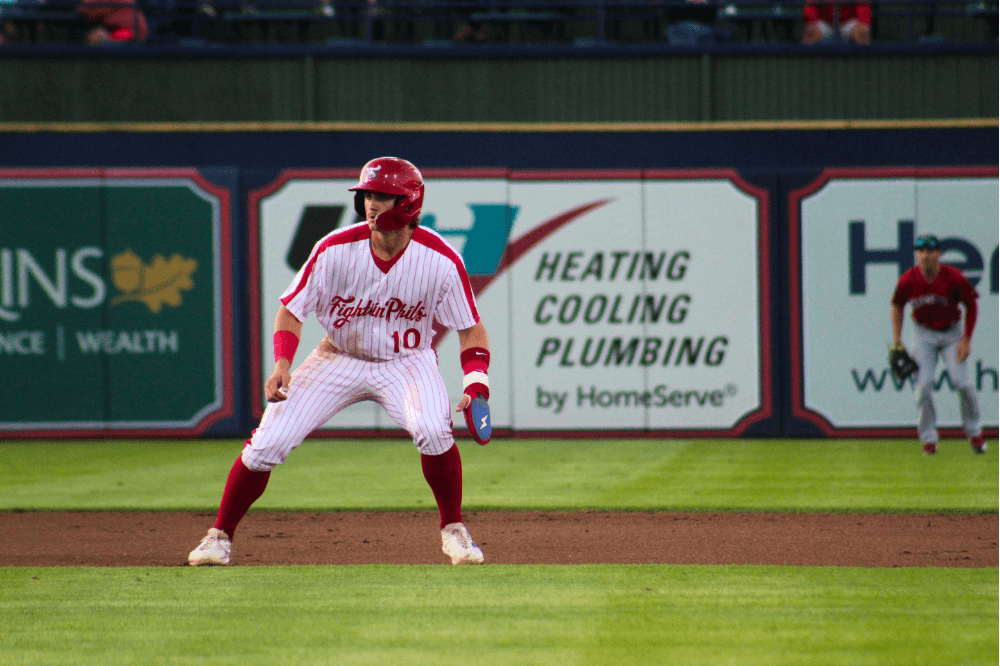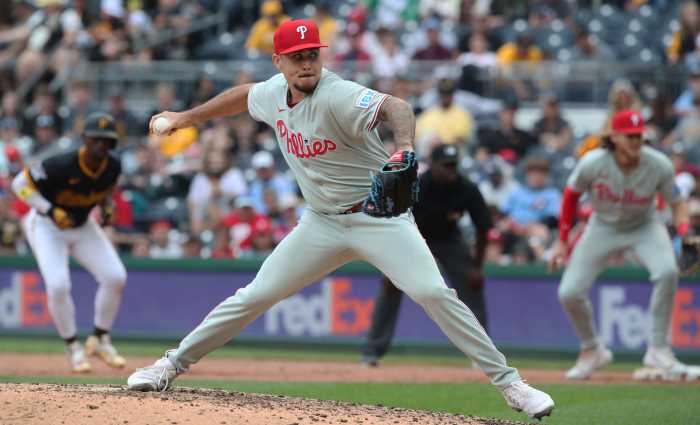Demand for the coronavirus vaccine appears to be falling in Philadelphia, just days after the city opened up eligibility to all adults.
The federally-backed vaccination site at the Pennsylvania Convention Center, which has the capacity to administer 6,000 shots a day, distributed a combined 9,000 doses on Saturday and Sunday and about 3,500 on Monday.
Philadelphia moved to drop vaccine prioritization Friday, a few days ahead of schedule, with officials citing reports of appointments going unfilled.
“We’re hopefully on our way to bringing back everything we love about our city,” Mayor Jim Kenney said Tuesday. “To make that happen, we need every Philadelphian to get the COVID-19 vaccine.”
Health Commissioner Thomas Farley said the vaccine roll-out’s main barrier has shifted from a limited supply of doses to the willingness of residents to get inoculated. The goal, he added, is to make it as easy as possible for people to get a shot.
The city’s COVID-19 website now includes a link where residents can schedule an appointment. Previously, users submitted their contact information to a database and were sent vaccination opportunities.
Walk-ups are available at the Convention Center site from 8 a.m. to 5 p.m. on a daily basis, and people don’t need an appointment at the city’s other federally-supported location at Esperanza’s Hunting Park campus.
Farley said he is encouraging pharmacies, which have mostly used online registration systems, to begin offering walk-up appointments as well.
In addition, outreach workers are calling people in under-vaccinated zip codes and canvassing neighborhoods, particularly around the Esperanza site, officials said.
City leaders on Tuesday urged newly-eligible young people to bring along older relatives and friends when they go in to get their shot.
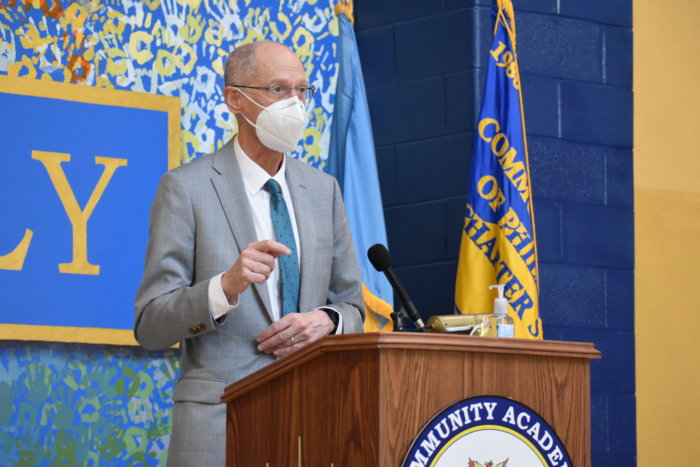
Farley said there is no firm benchmark the city is aiming for to achieve herd immunity, when a large majority of the population is either protected by the vaccine or antibodies they developed while battling the infection.
“It may be that we can vaccinate to the point where nobody’s dying but we still have cases out there,” he added. “That’s still a success.”
For the time being, the focus is on inoculating as many people as possible, Farley told reporters.
About 494,000 Philadelphia residents, or 39% of the city’s population over the age of 15, are partially vaccinated, and more than 25% have received two doses, according to health department data.
U.S. Centers for Disease Control and Prevention numbers, which include Philadelphians vaccinated outside the city, indicate that nearly 31% of adults and 51% of seniors are fully vaccinated.
Philly not ready to ease restrictions
It’s seeming as if the Kenney administration will not lift restaurant and event limitations at the end of April.
Earlier this month, when Gov. Tom Wolf eased statewide restrictions, officials in Philadelphia maintained tighter protocols but vowed to let up April 30 if COVID-19 cases were decreasing.
“In light of these still rising case rates, we will not be making any decision to relax these restrictions now,” Farley said Tuesday. “We don’t want to become like Michigan,” which has experienced a dramatic uptick in infections.
Officials said a more detailed announcement about any modifications to safety protocols will come next week.
In the rest of Pennsylvania, eateries have been allowed to open their dining rooms at 75% capacity and offer bar service, and indoor events can be held at 25% occupancy. There is a 75% capacity limit for gyms, theaters and casinos.
Philadelphia has prohibited indoor catered events entirely. Restaurants can open at 25% indoors, with the option of expanding to half-capacity if business owners meet ventilation requirements.
Coronavirus-related hospitalizations in the city have increased, from 490 two weeks ago to 551 Tuesday, and Farley said he expects deaths to rise in the coming weeks.
Last week, the city averaged 586 new cases a day with a 7.3% positive test rate, compared to the prior week’s 591 infections and 7.6%.
On Tuesday, officials reported 560 confirmed cases, 187 probable infections and 12 COVID-19-related fatalities, bringing the city’s pandemic death toll to 3,395.
